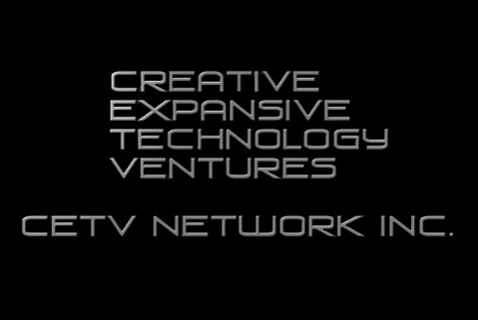How People Fear Technology
- CETV Resort and Travel

- Jun 28, 2023
- 4 min read
by Roy Webb, CEO and Founder, cetvai.com
One example is the fear of robots and automation taking over jobs. Many individuals worry that machines will eventually replace human workers, leading to unemployment and financial insecurity. This concern is particularly prevalent in
industries like manufacturing and customer service.
Another example is the fear of social media and the impact it has on mental health. With the increase in popularity of platforms like Facebook, Instagram, TicToc, and Twitter, many people worry about the negative effects of social media on their self-esteem, privacy, and mental health.
Moreover, some people fear the potential consequences of technological advancements, such as the development of artificial intelligence and biotechnology. They worry about the ethical and moral implications of creating machines that have the potential to outsmart humans and make decisions on their own.
Lastly, there is also a fear of the unknown associated with new technologies that are not yet familiar to people. For instance, some might feel uneasy about virtual reality technology or self-driving cars, as these technologies push the boundaries of what we're used to or comfortable with.
As humans, it is natural to have apprehensions about things we do not understand, and innovations and inventions are no exception. There have been numerous instances where people fear new inventions. Be it the introduction of cars, planes, televisions, or even the internet, people have always been skeptical and hesitant about embracing the unfamiliar. However, over the years, numerous advances have proven to be immensely beneficial to humanity. In this article, we will explore the apprehensions people have about inventions, with examples of the fears and then the success and benefit of various advances.
One of the earliest examples of fear regarding an invention is the printing press, which Johannes Gutenberg introduced in the 15th century. Before the printing press, information was scarce and expensive to produce, and the Catholic Church controlled access to the Bible and other texts. This ensured that only a select group of people had access to knowledge. However, with the introduction of the printing press, the Church's control over who could access knowledge was diminished, and people could produce books at a much lower cost. Initially, many feared that the printing press would lead to an overwhelming amount of information, making it challenging to verify the accuracy of the content. However, the printing press has been instrumental in spreading knowledge and information, making literature accessible to everyone.
Similarly, when the first cars were introduced, people feared for their safety. They were used to walking or riding horses, and the idea of traveling at faster speeds in a machine was daunting. Additionally, some people believed that cars would cause pollution and harm the environment. However, we now know that cars are essential to our daily lives, allowing us to travel faster, carry more goods, and connect with people who live farther away. While there are still debates about the environmental impact of cars, advancements in hybrid and electric technology have lessened concerns in that regard.
Another example of fears surrounding an invention is the debate surrounding genetically modified organisms (GMOs). GMOs are organisms whose genetic material has been altered through genetic engineering techniques. Some people are afraid that consuming them may lead to health problems or that GMOs will harm the environment. However, GMOs have become an essential tool for improving crop yields, creating more nutritious foods, and fighting diseases. For instance, scientists have created genetically modified rice that contains more Vitamin A to combat blindness in developing countries, while also developing pest-resistant crops that are less reliant on chemical pesticides.
The internet has been revolutionary in connecting people across the globe, but it too faced opposition when it was first introduced. One of the earliest apprehensions was that it would replace social interaction and lead to addiction. Some believed that the internet would lead to an explosion of misinformation, dangerous content, and reduced privacy. No one can deny that the internet has revolutionized our lives, allowing us to work from anywhere, connect with people from different countries and backgrounds, and access information at our fingertips. However, its impact has not been without challenges, such as online privacy concerns, cyberbullying, and social media addiction.
Lastly, Artificial Intelligence (AI) has been making strides in various fields, but many people are concerned that it may lead to job losses or even a robot uprising. AI has rightly been dubbed the fourth industrial revolution, and it has become an essential tool in healthcare, finance, and technology. Nonetheless, people are still concerned about how AI could be misused. For instance, AI systems could potentially be used to manipulate people by targeting them with personalized ads, or worse, be manipulated into voting for individuals or groups for nefarious reasons.
In conclusion, apprehensions about inventions are not uncommon and sometimes valid. However, over the years, we have seen these apprehensions dissipate, and innovation has gone on to become integral to our daily lives. From the printing press to the internet, technological advancements have improved the quality of life, made us more interconnected, and ensured that we have access to better healthcare, education, and information. Therefore, the key takeaway is that despite the early fears, it is essential to embrace and embrace innovation and cautiously address the concerns it raises.













Comments